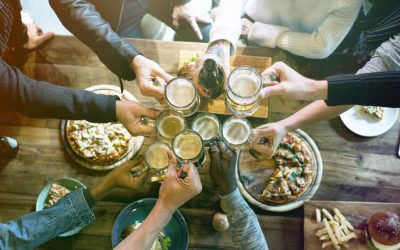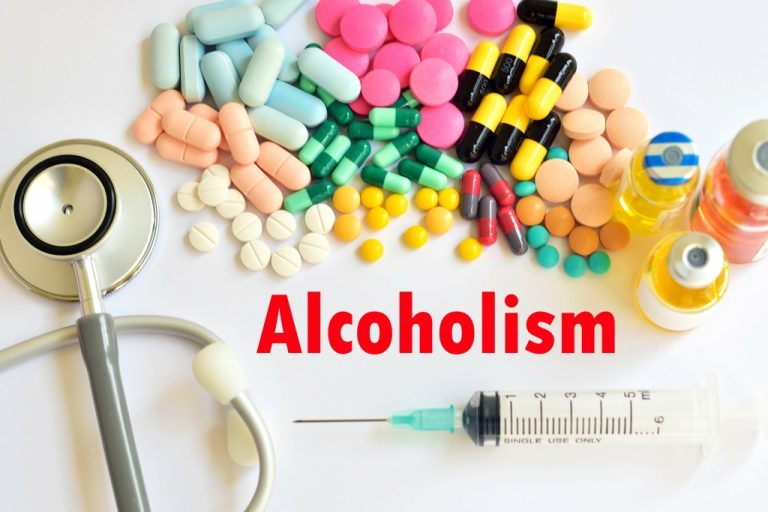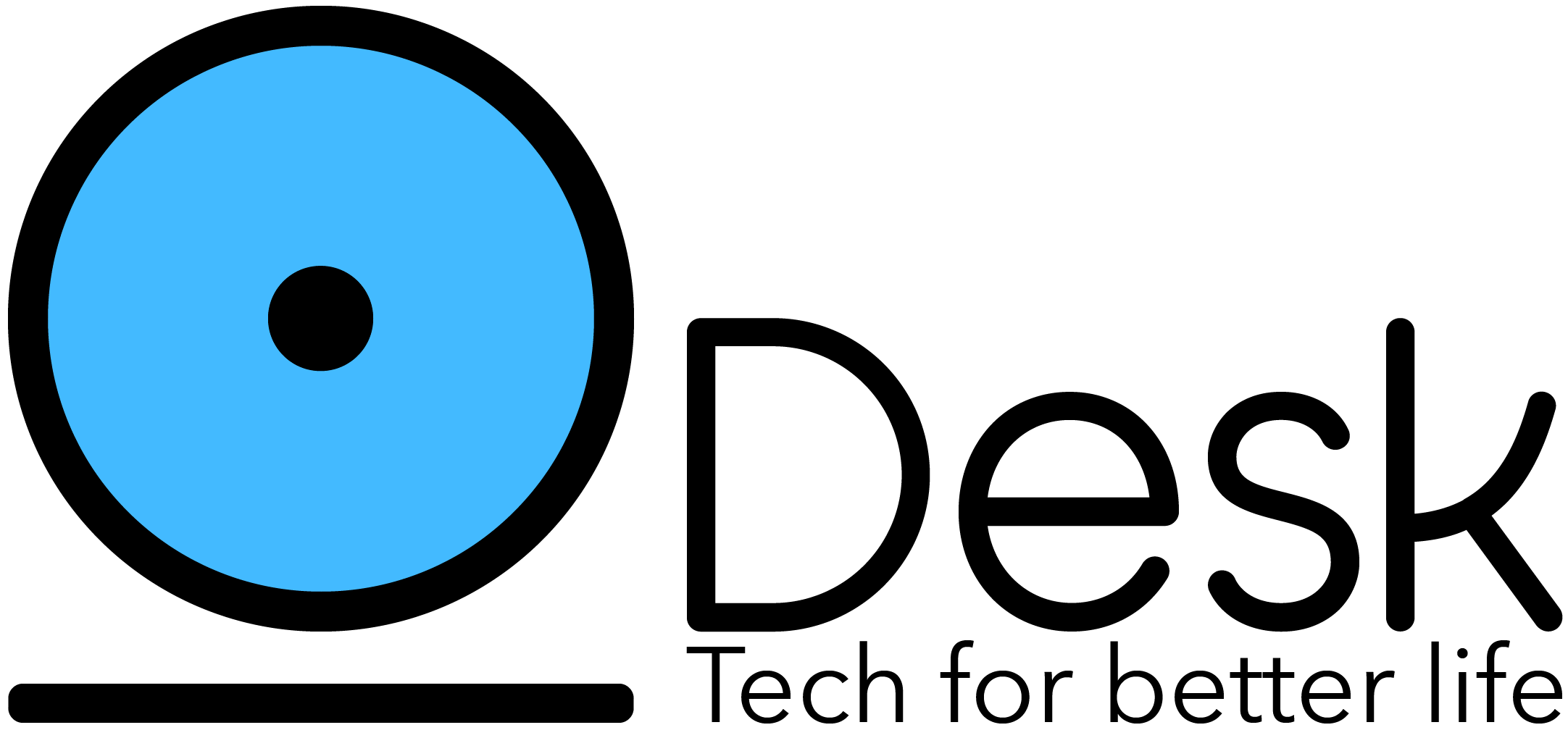Top 7 Relapse Triggers And How To Manage Them
Physical activity, such as exercise, is another effective tool for reducing stress and anxiety, two of the most common relapse triggers. Maintaining a balanced diet and proper sleep hygiene further supports emotional stability, reducing vulnerability to internal and external triggers. At Asana Recovery, we understand the challenges of overcoming internal and external triggers in addiction recovery. Our personalized treatment programs provide the support, therapy, and tools needed to help you identify and manage relapse triggers effectively. Whether internal and external triggers examples you’re struggling with emotional triggers, substance abuse triggers, or cravings, our compassionate team is here to guide you every step of the way. Take control of your recovery today—contact Asana Recovery to start your journey toward lasting sobriety.
What Is a Trigger in Addiction?
These vary in frequency, severity, and prevalence amongst individuals, and every case should be treated as unique. The following subheadings outline some of these concepts, as well as some other important factors of rehabilitation that are beneficial to most individuals who begin this process. This refers to whether the individual will reside within a dedicated rehab centre (inpatient care) or remain at home or in the local area during treatment (outpatient care). This blog aims to explore the topic of triggers within addiction, but first, it is vital to understand the process of addiction.
Need Professional Help With Addiction?
However, trigger management in recovery is a significant portion of your therapeutic work. Your therapist will work with you to determine environments, people, emotions, and more that may make you more likely to use. From there, you can choose the best approaches for coping with these addiction triggers. Triggers are people, places, things, experiences, feelings, or events that can cause a person to crave drugs or alcohol, leading to relapse. Understanding the difference between external and internalized triggers is a crucial step in managing your emotional health.
- Coping skills in addiction recovery are essential strategies that help individuals tackle stress and maintain their commitment to sobriety.
- Recognizing and understanding both types of triggers can significantly enhance an individual’s recovery progress and help prevent relapses.
- Participation in these groups fosters accountability and helps members realize they are not alone in their journey.
- This topic is especially important to recovery, as trauma and mental health struggles can be found at the root of many peoples’ substance use disorder.
- The process of identifying triggers generally starts while still in the addiction treatment setting.
Reset Your Mind: Benefits of Inpatient Mental Health Care

An external trigger, therefore, is a trigger that occurs as a result of the individual’s external environment around them. This includes people, places, and situations, and can sometimes be more detectable by others and the individual themselves, but this is not always the case. This means that triggers are something that individuals going through rehabilitation want to avoid, but this is not always possible. If you or a loved one is experiencing addiction or has relapsed, help is available. You can visit our rehab directory, where https://am-danse.com/relapse-prevention-3-stages-of-relapse-recovery/ you can conveniently search by location, substance, and level of care, or contact a treatment provider to explore your rehab options. Identifying these triggers while in treatment enables the patient to develop a strategy for coping with them before they are faced with them.

One of the main lessons that rehabilitation aims to teach is the concept of self-help. This is something that many individuals who struggle with addiction also struggle with, as addiction can often cause individuals to feel negatively about themselves and their actions. This is the most common form of therapy that can be implemented when an individual is undergoing rehabilitation, and it has many different forms that can be applied in different cases and situations. At the Massachusetts Center for Addiction, we provide personalized, comprehensive treatment programs. We understand that each individual has unique needs, and we offer a variety of treatments, including partial hospitalization programs (PHPs) and intensive outpatient programs (IOPs). If your relapse is a one-time occurrence, seeing your counselor, sponsor, or talking with supportive members of your social circle can help you get back on track.
- These internal cues can be subtle and harder to recognize but significantly influence the individual’s desire to relapse.
- How you manage addiction triggers determines the effectiveness of relapse prevention.
- People may be one of the more easily-avoided external triggers, mainly if they are people that used to be involved in substance use with the individual.
- Their understanding and encouragement are invaluable, especially in moments of temptation or stress.
- This is because there is usually an abundance of drugs and alcohol in these places.
- Support groups and therapy can further assist individuals in identifying and navigating triggers effectively, reducing the chances of relapse.
- Internal triggers are emotional, mental, or physical responses that create cravings for substances.
- Recognizing that triggers—whether internal feelings like stress or external cues such as familiar places—can resurface at any time helps individuals stay prepared.
External triggers are factors outside of an individual that may provoke a craving or desire to return to substance use. Developing an understanding of these external triggers and learning effective strategies to cope with them is essential in preventing relapses. Internal triggers, deeply intertwined with emotions and thoughts, play a crucial role in the process of recovery and the risk of relapse. These triggers often originate from within the individual and are closely related to their emotional state. Understanding and managing these triggers can significantly improve an individual’s recovery journey. Physical and environmental triggers are more likely to be external in nature.

Situations
They include feelings such as anger, fear, guilt, resentment, depression, and boredom. These feelings may be experienced in response to a stressful situation or simply arise out of nowhere. The key point here is that these types of triggers are based on the alcohol rehab individual’s own thoughts, emotions, and behavior patterns. Consistently practicing self-care and addressing HALT conditions (Hungry, Angry, Lonely, Tired) will further strengthen your resilience. It requires introspection, patience, and, often, the guidance of a mental health professional. However, the effort invested in understanding and managing these triggers can be a transformative part of an individual’s recovery journey.






